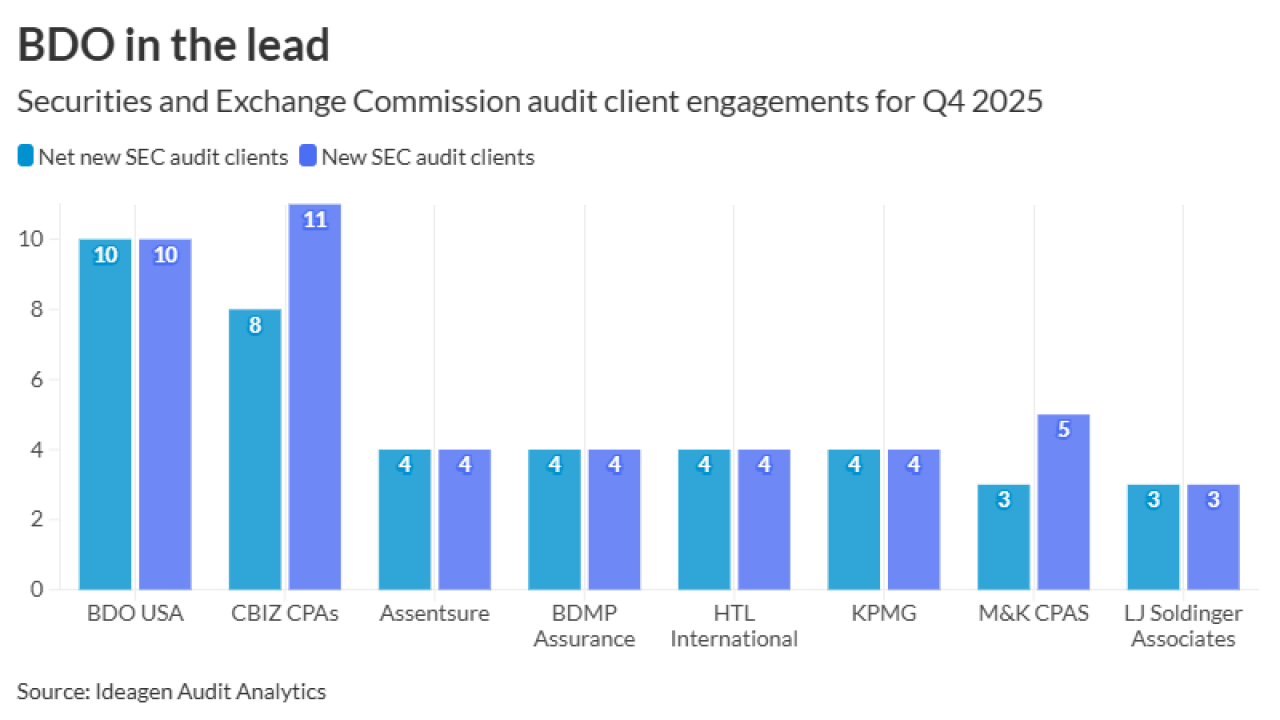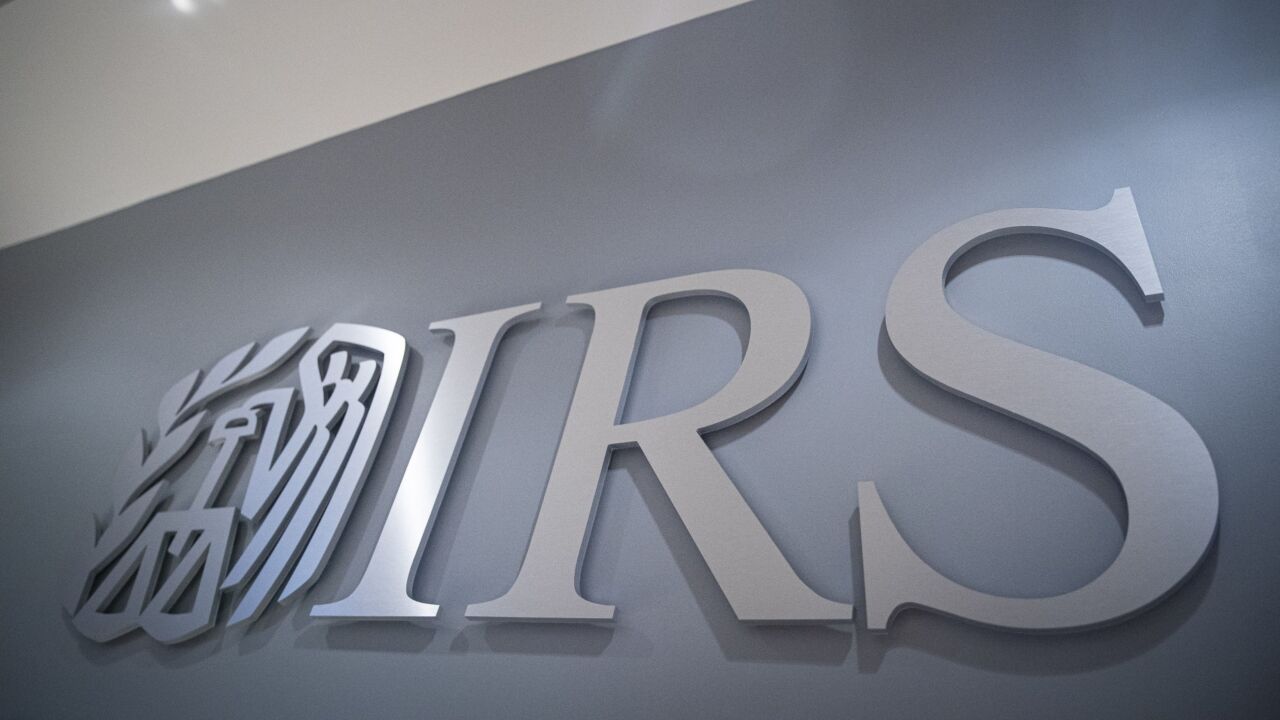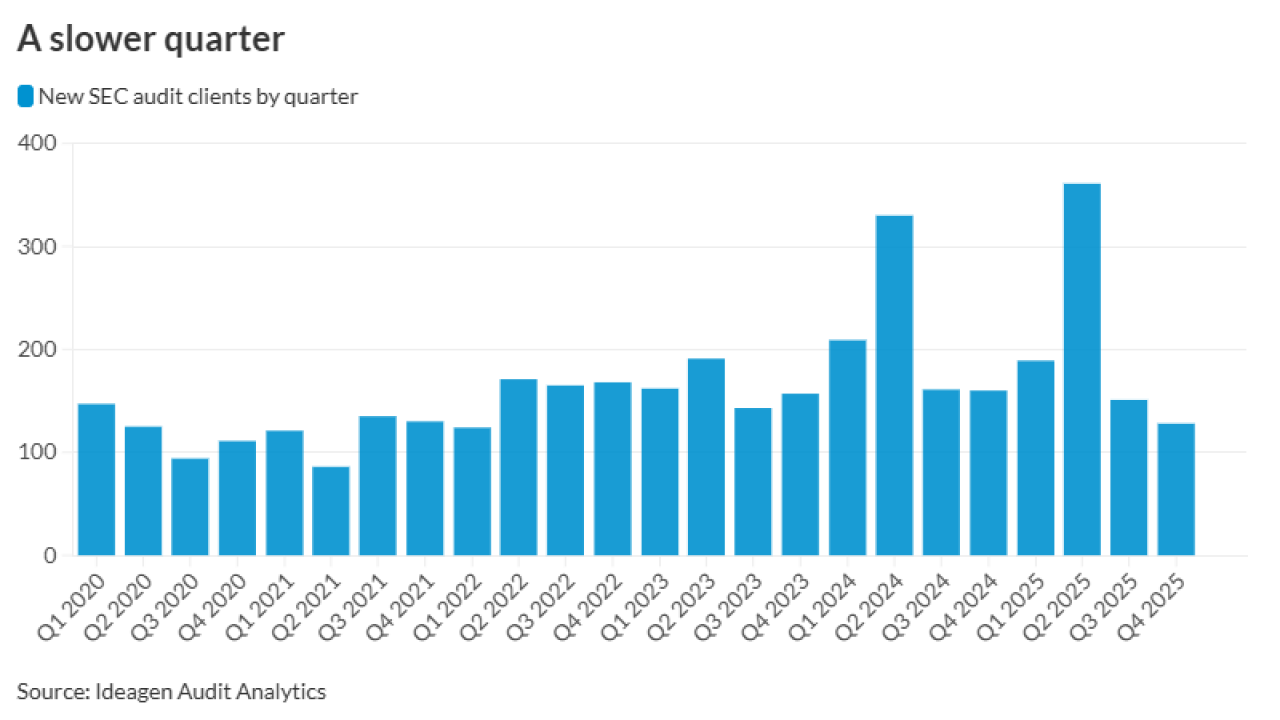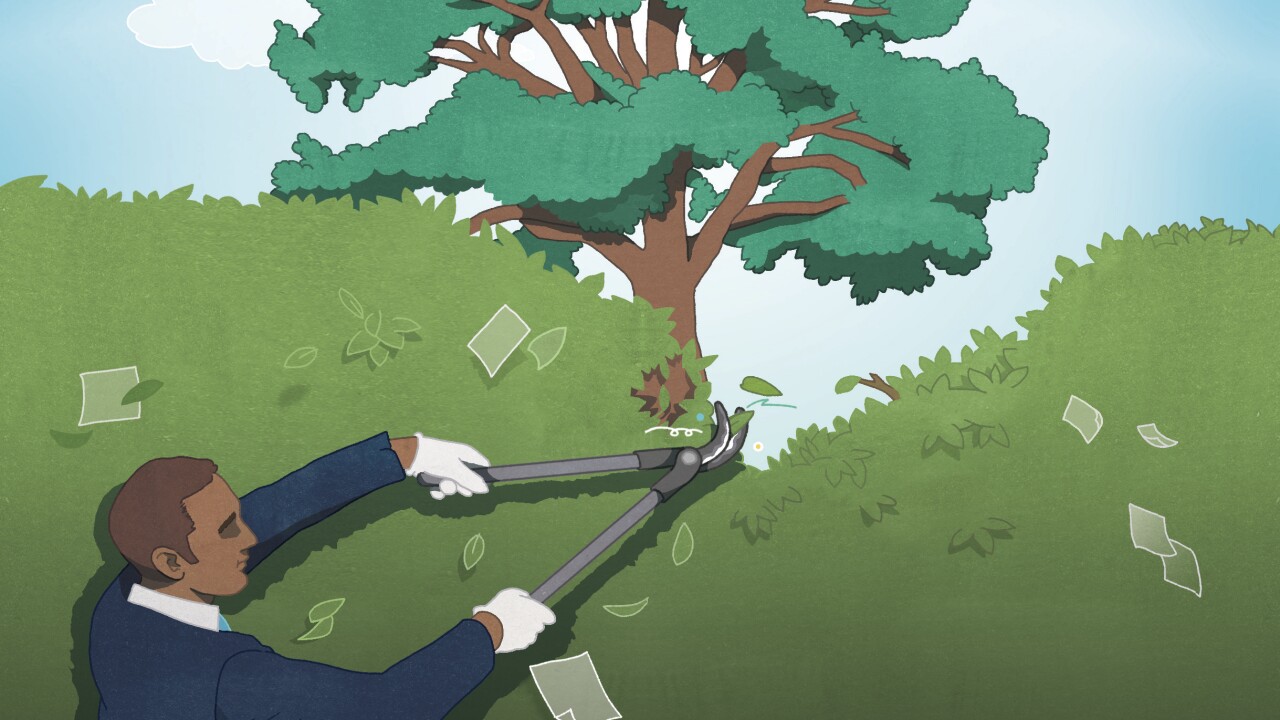Blockchain and cryptoassets are so widely discussed and analyzed in financial media that it would be simple to consider these technologies old news. Simple, but an incomplete and inaccurate view. Even as Bitcoin and other “traditional” cryptocurrencies have become better understood, are making inroads onto financial statements, and are the focus of more comprehensive accounting conversations, the ecosystem continues to rapidly evolve. This is even in the face of continued efforts by the
While decentralized finance (DeFi) and nonfungible tokens (NFTs) have seized headlines and courtroom drama via
Definitions vary, but for this conversation a DAO can be thought of as an organization that is designed and built to operate in a decentralized manner, with decisions being made through a shared governance system, and to do so without a traditional management structure of board of directors. In other words, a DAO can be thought of as an organization without the structures and processes most commonly associated with traditional organizations.
Let’s tackle some of the questions that are commonly asked by practitioners as the idea and implications of a DAO become more fully understood.
Why create a DAO? Why would investors even want to create a DAO structure when plenty of other options exist, with clarified tax and reporting treatment options? This comes back to a handful of important factors, which include but are not limited to the following. Firstly, supporters and investors in DAOs are often seeking to remove the potential for human error, biases, and unethical behavior. This is accomplished by governing the organization via a series of smart contracts
For the purposes of this conversation, smart contracts can be thought of as executable (“IF, THEN”) statements that are embedded into an underlying blockchain, and are able to be initiated via some external action.
Second, by eliminating many of the management and control structures associated with traditional organizations, this helps to reduce cost, organizational bloat, and the potential for any single individual to exercise outsized influence over the decision-making process. Democratizing the decision-making process, via smart contract-enabled voting connected to ownership levels of investors, helps codify this attribute into DAO operations.
Are these a real thing? The idea of an organization that is not really an organization, that is governed entirely by blockchain-based smart contracts, that are not traditional contracts, might seem like yet another illustration of the frothiness in this sector. Several recent high-profile examples of how DAOs are becoming both a business and crypto story include, but are not limited to, the following.
- ConstitutionDAO. This project raised nearly
$50 million during 2021 to fund a purchase of a copy of the U.S. Constitution, and while these efforts fell short in the bid for this asset, it represented one of the first “mainstream” examples that attracted broader coverage. Following this failed bid, however, the conversation around the project and the token it utilized has spawned a number of questions linked to valuation, tax, and accounting issues. - CityDAO. Purchasing real estate through a DAO had not happened until late 2021, when a
parcel of land in Wyoming was acquired via this initiative. Making full use of the blockchain and crypto-specific laws that had been passed in the state during the last several years — recognizing DAO governance of LLC entities — this is an important step toward integrating the blockchain and physical worlds. One other aspect that should be of interest to practitioners is that each parcel of land purchased by the DAO is also minted into an NFT, owned collectively by the DAO. - Denver Bronco DAO. In early 2022 there was a headline that simultaneously impacted professional sports, blockchain and cryptoassets, and the ownership of a major financial interest in the United States: the sale of the
Denver Broncos , a professional football team in the U.S. With the organization valued at approximately $4 billion, the National Football League looking to have a deal completed by 2022, and a DAO forming to pursue this goal, this could be the ”splash” moment that DAOs need to come to mainstream attention.
What do accountants have to know?
DAOs are clearly still an emerging aspect of the blockchain and cryptoasset space, and there is even less certainty around how to treat them then there is around bitcoin and other more “traditional” cryptoassets. That said, the following questions and items should form the basis for how practitioners can have productive and proactive conversations around these topics.
- Is the DAO a legal entity? Setting aside Wyoming, whose DAO law passed in 2021, there is a lack of consistency around how these entities are to be treated for financial reporting and tax purposes. In this case, it is possible that a regulator — including the Internal Revenue Service — might categorize the DAO and an unincorporated partnership, exposing the members to unlimited liability.
- How are taxes paid? Building on this first question, and even if the DAO is registered as an LLC, does the entity itself owe taxes or incur tax liabilities? Due to the nature of the entity itself, the answer might not be clear, with taxes assessed proportionally based on the ownership levels of the member/investors.
- Governance matters. Clearly the underlying idea of blockchain applications, including DAOs, centers around the democratization of governance and decision-making, but how is that accomplished? If governed primarily by smart contracts, how are these smart contracts initially coded, updated, and secured? Since it is impractical in most cases to have every decision governed “on-chain,” the implications of governance tokens must also be assessed.
- Token valuation. Speaking about governance tokens, this is also an area where practitioners can offer practical and productive advice to clients. Do these governance tokens, outside of representing voting rights in the DAO, have an externally verifiable valuation? These valuations could, in turn, lead to questions around tax basis and potential tax liabilities.
- Ownership of tangible property. As DAOs — highlighted by the examples referenced above in this article — continue to transition and bridge from an exclusively virtual type of entity to a blended virtual/physical entity, this potentially raises an array of accounting-related questions. These include, but are not limited to, what exactly the rights and obligations of the DAO are, what are the rights of token holders, how will the basis of these assets be determined, and how can these ownership stakes be transferred?
DAOs have rapidly moved from an interesting idea and fringe concept to a blockchain-based type of organization that is increasingly a topic of mainstream financial conversation. With DAOs successfully raising tens of millions of dollars, purchasing real estate in the United States, and (potentially) raising billions to acquire a major sports franchise, the time is now for practitioners to become educated on this topic. Like everything else blockchain related, DAOs are fast-moving, rapidly changing, but represent a major opportunity for proactive practitioners and firms.





